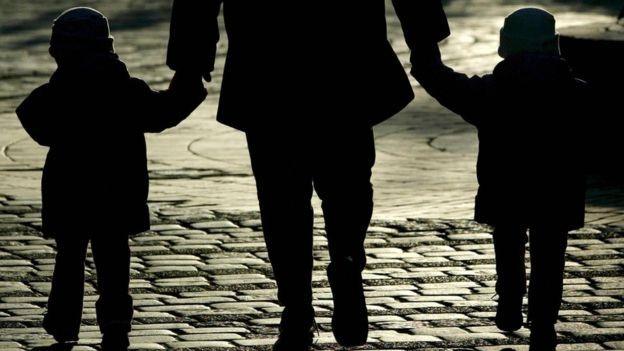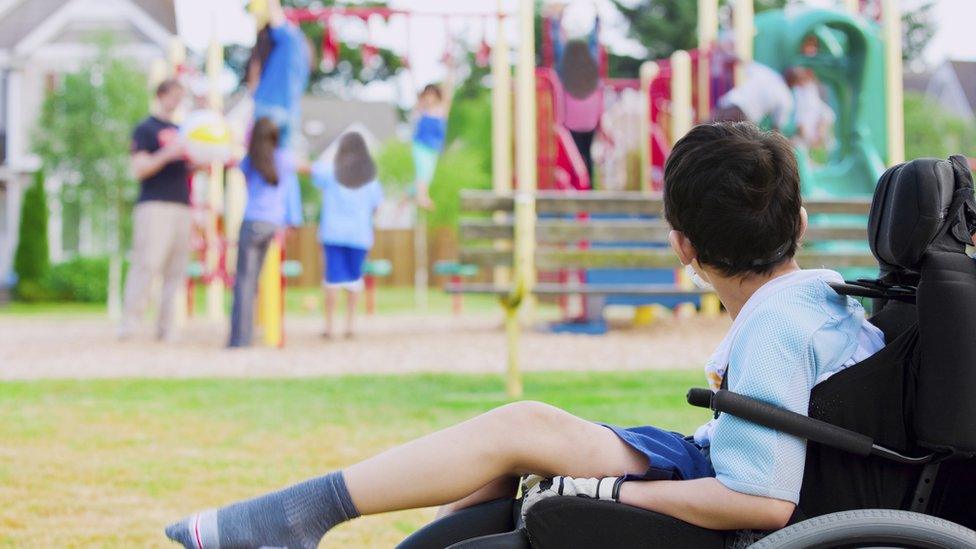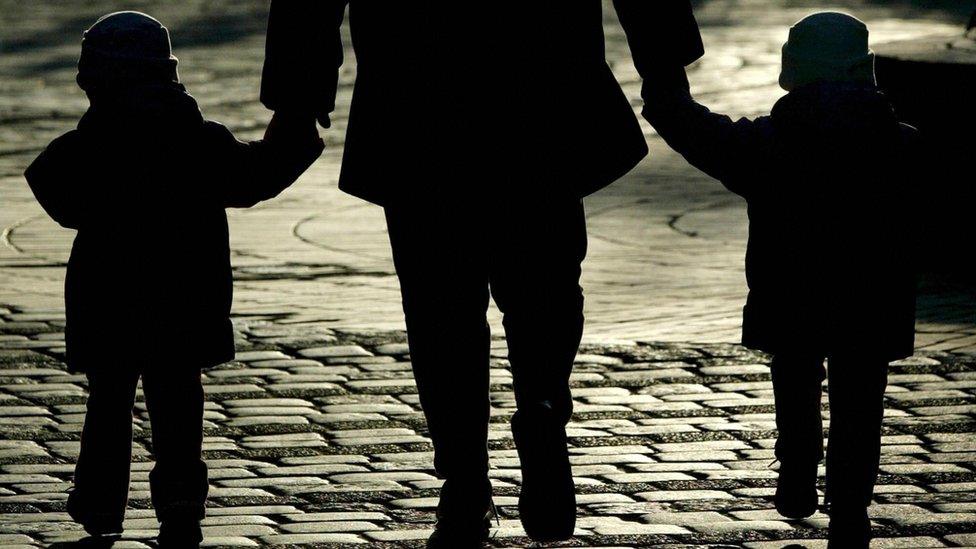Alison Thewliss MP's tax credit 'rape clause' call rejected
- Published

The change means tax credit payments will be limited to the first two children in a family
A Scottish MP has had her call for an emergency debate in the Commons over a controversial change to tax credits rejected.
The UK government will limit payments to the first two children in a family.
SNP MP Alison Thewliss said it meant women who have a third child as a result of rape would have to produce evidence of exceptional circumstances, or face losing some payments.
The UK government said guidance would be issued on supporting rape victims.
Ms Thewliss said: "The decision not to allow the emergency debate is incredibly frustrating - but I won't just give up."
'Utter chaos'
The plan to restrict tax credits for any new claimants to a maximum of two children was announced in the 2015 budget.
The change is due to come into force from next month.
It means women who have had a third or subsequent child as a result of rape will still be able to claim tax credits, but will have to demonstrate their exceptional circumstances to qualify. This has been dubbed the "rape clause".
Ms Thewliss, MP for Glasgow Central, said it would "unleash utter chaos" with doctors, nurses and social workers expected to judge whether the exemption applies.
Speaking on BBC Radio's Good Morning Scotland programme she said she had been waiting more than a year and a half "to get answers to my questions".
"The fact remains that there are 660,000 of these third party professionals - doctors, nurses, social workers - and they have not received any training from the UK government on this policy," she said.
"So if a woman goes and presents to her GP, or to a nurse or social worker, and says 'I would like to claim an exemption under this rule', they won't know the first thing about it."
A UK government spokesman said it was "absolutely right that we have the right exemptions in place".
He added: "We have thought carefully about how we will work with charities and health and social care professionals to support victims of rape. We will be publishing guidance shortly."
- Published26 November 2016

- Published7 November 2016

- Published7 April 2016
